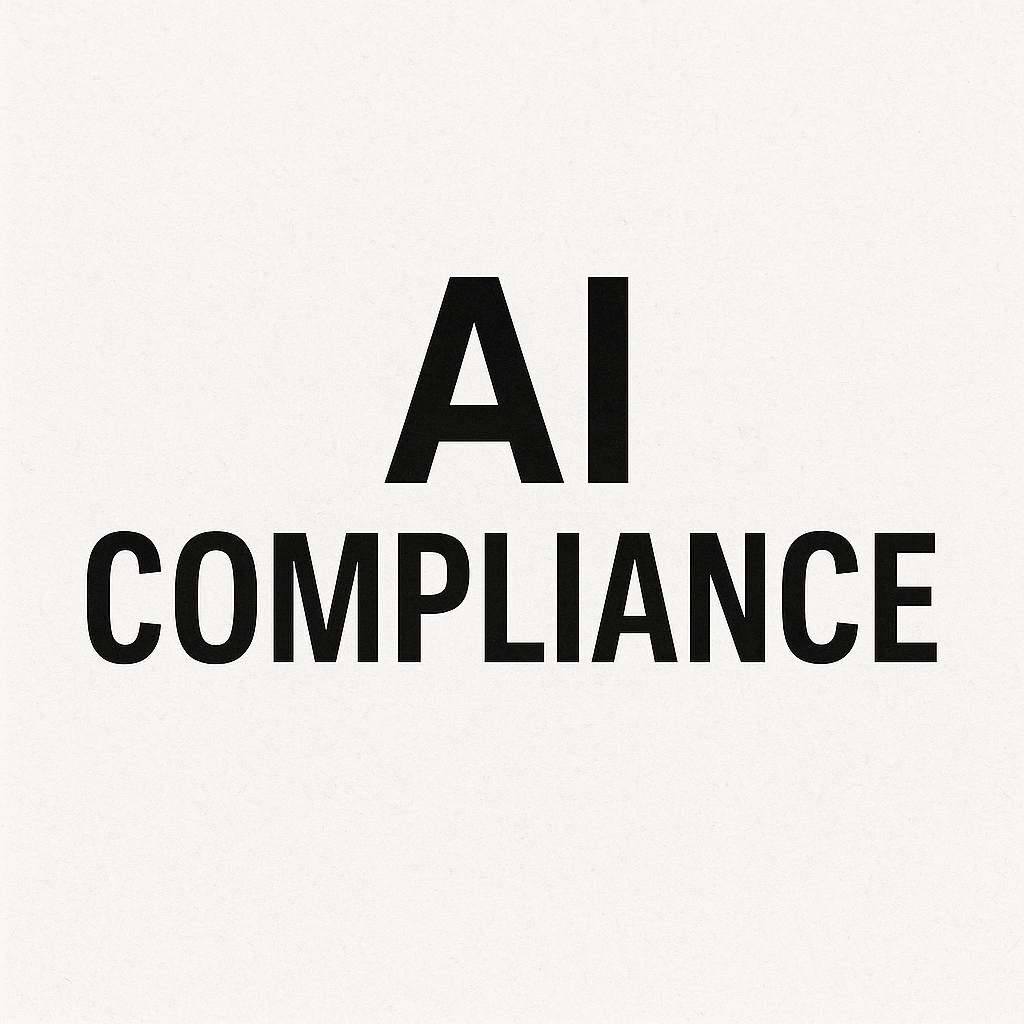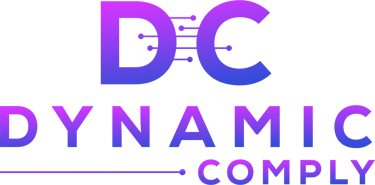How to Prepare for AI Compliance?
6/5/20252 min read


Understanding AI Compliance
As artificial intelligence (AI) technologies proliferate, businesses must navigate a complex landscape of regulations designed to ensure ethical use and compliance. AI compliance refers to the adherence to legal and ethical standards governing how AI systems are developed, deployed, and utilized. This includes addressing issues such as data privacy, algorithmic transparency, and avoiding discrimination. Given the rapid evolution of technology, understanding AI compliance is crucial for organizations looking to mitigate risks and promote trust with stakeholders.
Key Steps for Preparing for AI Compliance
To effectively prepare for AI compliance, organizations should undertake several critical steps. The first step is to conduct a thorough assessment of existing AI systems and their alignment with current regulations. This includes determining whether the AI tools used comply with applicable data protection laws, such as the General Data Protection Regulation (GDPR) in Europe or California’s Consumer Privacy Act (CCPA).
Second, businesses must establish a clear framework for data governance. This involves creating policies that dictate how data is collected, stored, and processed by AI systems. Robust data governance ensures that sensitive information is handled responsibly and securely, thereby mitigating the risk of data breaches and privacy violations.
Another crucial aspect of AI compliance preparation is fostering transparency within AI algorithms. Companies should implement measures to ensure that their AI systems can explain the rationale behind automated decisions. This transparency is vital for building trust with users and helps adhere to fair treatment guidelines mandated by regulatory bodies.
Ongoing Monitoring and Continuous Improvement
Once initial compliance measures are in place, organizations must prioritize ongoing monitoring and continuous improvement. AI compliance is not a one-time effort; it requires regular reviews and updates to address evolving regulatory demands and technological advances. Companies should create a compliance team responsible for staying informed about changes in AI legislation and best practices.
Furthermore, organizations should encourage a culture of compliance within their workforce. Training programs focusing on ethical AI practices can equip employees with the knowledge necessary to uphold compliance standards and foster a commitment to responsible technology development.
In conclusion, preparing for AI compliance is a multifaceted process that involves understanding relevant regulations, implementing robust data governance, fostering algorithmic transparency, and ensuring ongoing monitoring. By adopting these steps, organizations can not only comply with legal requirements but also enhance their credibility and trustworthiness in the eyes of consumers and partners alike.
Connect:
(571) 306-0036
© 2026. All rights reserved.
